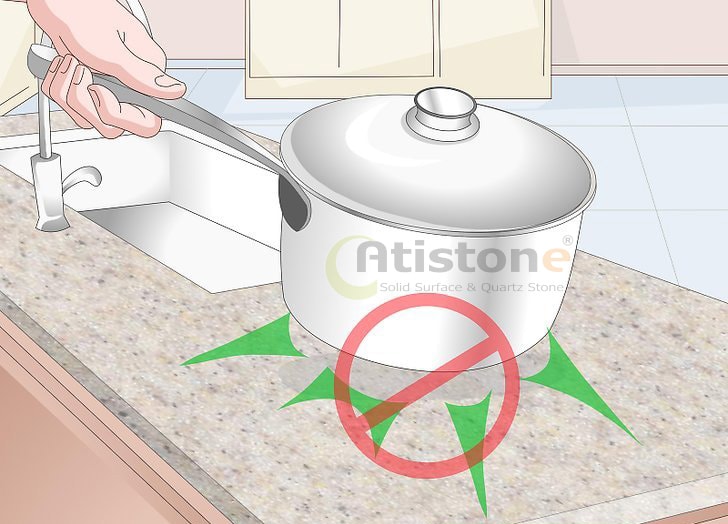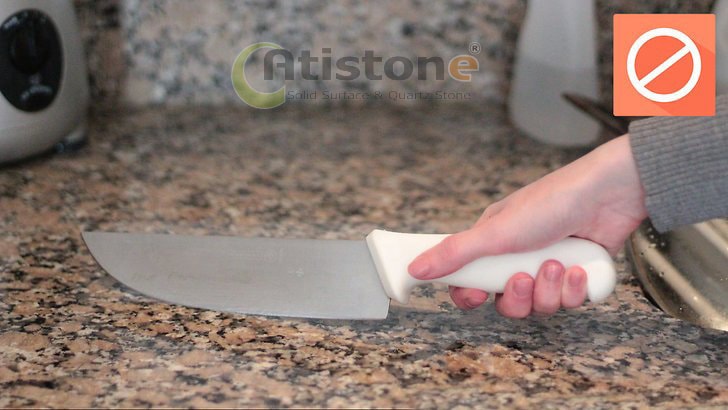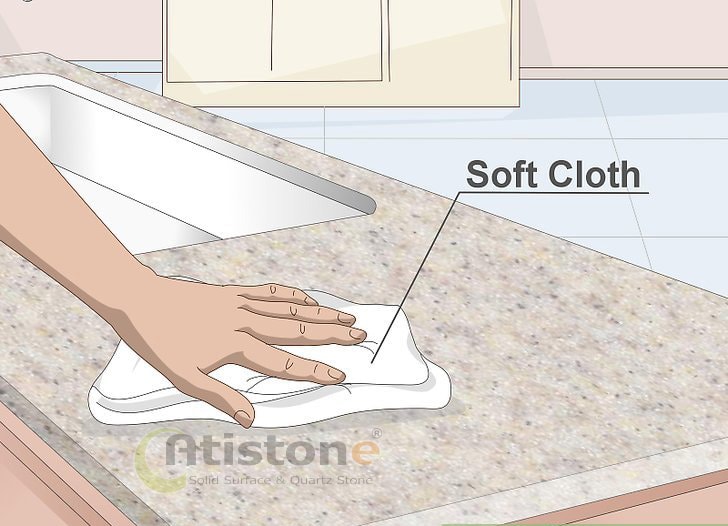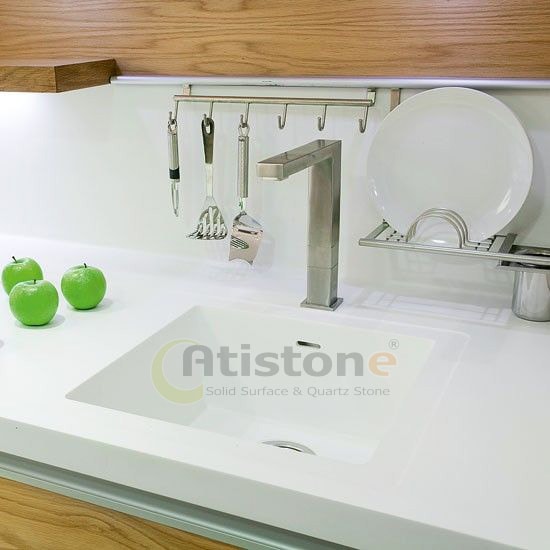
4 Important Customer Questions When Buying Corian Sheets
The resistance of Corian sheets to heat, their durability against rough and sharp objects, the longevity of color and patterns, as well as maintaining hygiene are common questions from customers.Can hot objects, such as a hot pot, be placed on Corian countertops?
Corian surfaces are often resistant to heat and can remain intact and unchanged at temperatures above 120 degrees, and may even withstand up to 220 degrees.

However, high heat or flames can damage the surface. So far, in most cases, such damage has been repaired. To protect the countertop surface, always use a protective pad (heat pad) or a trivet, or consider stainless steel heat rails near the stove, where hot pans can be placed without any concerns.
Finally, it is worth noting that all these factors will also depend significantly on the brand you install. Therefore, always use reputable brands that preferably come with a warranty.
Can food materials be cut on these surfaces?
We recommend against such actions on Corian surfaces and advise the use of a cutting board instead.

However, there’s no need for concern; in cases where scratches do occur, they can be removed with a fine sandpaper and polish. But in general, direct use of sharp objects such as knives is not recommended.
Does sanding these surfaces change their color?
No, the grains of these surfaces are generally uniformly distributed throughout the thickness of the sheet, so sanding does not cause any significant changes to its surface.

Are Corian surfaces really seamless and hygienic?
Yes, these surfaces are seamless, non-porous, and have joints without cracks, making them impermeable. Unlike other surfaces, such as laminate, tile, and granite, these surfaces do not have grout lines that attract dirt or microbes. The smooth, sleek, and uniform surface makes cleaning Corian easy. These surfaces can be made to function as a continuous surface to further reduce the potential for bacterial growth.

Moreover, in many developed countries around the world, the use of these surfaces in kitchens and bathrooms is mandatory.
Frequently Asked Questions
Corian sheets are often resistant to heat and can remain intact and sturdy without change at temperatures exceeding 120 degrees, or even up to 220 degrees.


 تجربه مشتریان و استفاده کنندگان صفحات کورین
تجربه مشتریان و استفاده کنندگان صفحات کورین